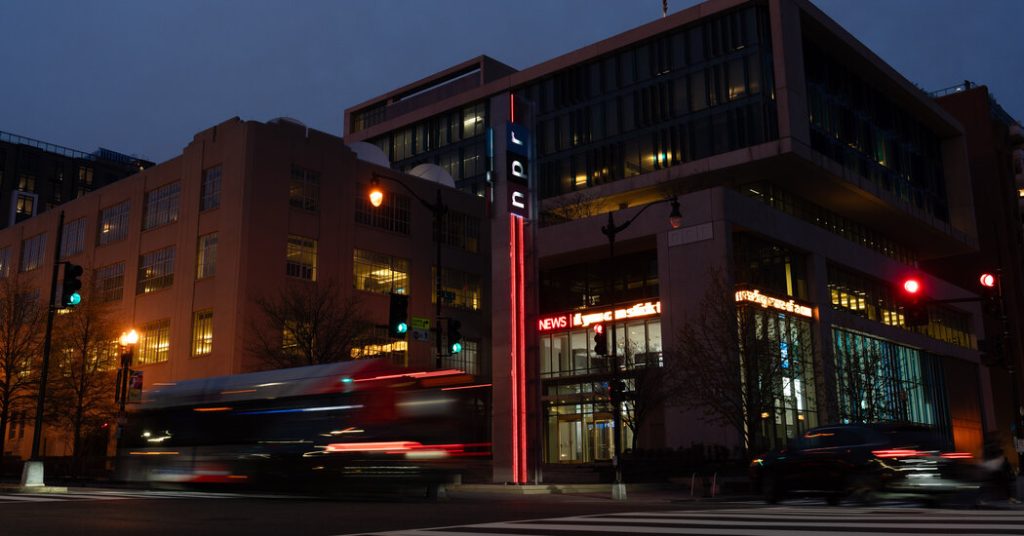In a recent editorial meeting at NPR’s Washington headquarters, host Michel Martin demanded that NPR’s chief content officer, Edith Chapin, disclose the identity of an anonymous funder who is supporting a new layer of editing within the organization. The new editing team, called the Backstop, will consist of six senior editors who will review all of NPR’s journalism before it is released. The announcement of this initiative follows a controversial essay written by Uri Berliner, a former senior editor at NPR, who accused the network of having a liberal bias in its coverage. While many staff members have strongly denied these accusations, some conservative critics and Republican members of Congress have taken them up.
The introduction of the Backstop editing team has been met with criticism from NPR employees, who view it as an unnecessary bottleneck that could slow down the reporting process. Despite concerns that the initiative may be seen as a defensive response to the accusations of bias, Chapin has maintained that it is simply a positive step towards ensuring that NPR’s journalism meets the highest standards. The changes also include periodic staff reviews of NPR’s ethics handbook, an expansion of NPR’s standards and practices team, off-the-record editorial briefings with newsmakers, and a content analysis of NPR’s journalism.
Chapin has not disclosed the source or amount of external funding supporting the Backstop editing team, stating that more specifics will be provided once the funding agreement is finalized. She has emphasized that the decision to add a new editing layer is about improving journalism and ensuring high editorial standards. Some NPR employees have raised concerns about the addition of editors just months after the company laid off approximately 10% of its staff. However, NPR’s vice president for news programming, Eric Marrapodi, defended the decision, stating that the new group of editors will enhance accuracy for the entire division.
Chapin has clarified that the new editing team will not be influenced by donors in dictating editorial terms, and she views it as a formal system to ensure that all NPR content receives a final editorial review. Similar review processes exist at other news organizations such as CNN, which has a system called the Triad. This three-pronged internal review includes close legal scrutiny. Despite concerns and criticisms from some NPR employees, Chapin has expressed confidence in the new initiative, stating that it will benefit NPR’s journalism as a whole and strengthen editorial practices across the organization.







